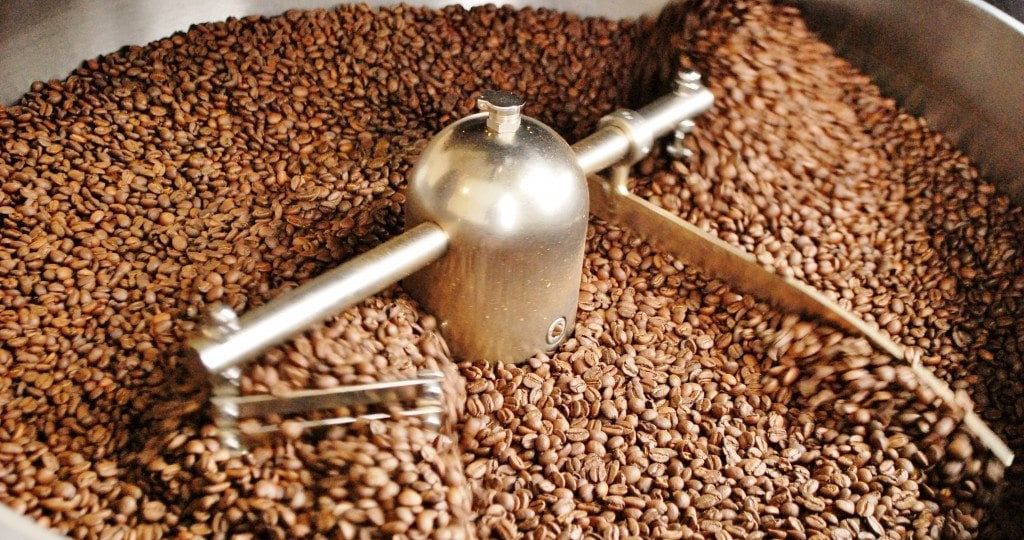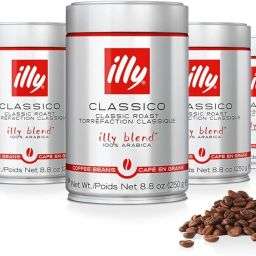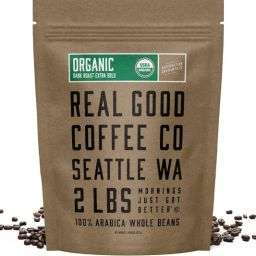
Selecting the right coffee beans is crucial for any coffee-related business. This decision not only impacts the flavor and quality of the coffee served but also influences customer satisfaction and, ultimately, the success of the business. With the coffee industry’s competitive landscape, understanding the nuances of coffee beans and their sourcing can set a business apart, fostering loyalty among customers and enhancing its reputation.
The Importance of Coffee Quality in Business
The quality of coffee served plays a pivotal role in shaping customer satisfaction and the overall reputation of a business. High-quality coffee beans ensure a superior flavor profile, which can significantly enhance the customer experience.
This, in turn, contributes to positive word-of-mouth and repeat business, essential elements for sustained success. In contrast, compromising on bean quality can lead to a mediocre coffee experience, potentially deterring customers in an industry where taste and quality are paramount.
Types of Coffee Beans
Coffee beans come primarily in two varieties: Arabica and Robusta. Arabica beans are known for their smooth, complex flavor profiles and are generally considered superior in quality. They thrive in high altitudes and are predominantly grown in Latin America, Eastern Africa, and Asia. Robusta beans, on the other hand, are more robust and yield a stronger, more bitter coffee. They contain higher caffeine levels and are typically grown at lower altitudes, mainly in Africa and Indonesia.
The origin of coffee beans significantly influences their taste and quality. Beans from different regions possess unique flavor notes, influenced by the local climate, soil, and cultivation practices. This diversity allows businesses to offer a wide range of coffee experiences.
Single-origin beans and blends each have their place in business settings. Single-origin coffee, sourced from a specific region, offers unique, distinct flavors, appealing to customers seeking a particular taste experience. Blends, however, can provide a consistent flavor profile, combining beans from various regions to balance taste and ensure uniformity.
Sourcing Coffee Beans
The method of sourcing coffee beans, whether through direct trade or traditional channels, has a profound impact on their quality and sustainability. Direct trade involves purchasing beans directly from the producers, ensuring a fair price for the growers and fostering a more sustainable coffee industry. This method also allows businesses to secure high-quality beans and build a narrative around the coffee’s origin and production, enhancing the customer’s experience.
Building relationships with suppliers is essential for long-term success. These partnerships ensure a consistent supply of quality beans and can offer businesses a competitive edge through exclusive access to premium or unique coffee varieties.
When choosing suppliers, businesses should consider factors such as the quality and range of beans offered, sustainability practices, and the potential for long-term collaboration. Attending industry events, conducting taste tests, and visiting farms can provide valuable insights into selecting the right coffee bean suppliers for a business model.
Roasting and Flavor Profiles
Coffee roasting is a critical process that transforms the green coffee beans into the aromatic beans we all recognize. The roasting process not only develops the coffee’s flavor but also determines its body, acidity, and aroma. Different roast levels, from light to dark, significantly affect these characteristics.
Light roasts retain more of the bean’s original flavor, showcasing the bean’s natural profile and higher acidity. Medium roasts offer a balanced flavor, aroma, and acidity, while dark roasts feature a pronounced bitterness with reduced acidity, emphasizing deeper, smoky flavors. Choosing a roast level that aligns with your business model and target market is essential. Specialty cafes might opt for single-origin light roasts to appeal to coffee aficionados, while a more mainstream audience might prefer the balanced flavors of medium roasts.
Brewing Excellence
The method and equipment used to brew coffee play pivotal roles in highlighting the quality of coffee beans. Each brewing method, whether it be espresso, pour-over, French press, or cold brew, can accentuate different aspects of the coffee’s flavor profile. Investing in high-quality brewing equipment and regularly maintaining it ensures that these flavor characteristics are consistently presented.
Training staff on these methods and the nuances of each type of coffee you offer is crucial. Consistent training ensures that each cup of coffee meets the establishment’s quality standards, providing customers with a reliably excellent experience every visit.
Marketing and Branding with Coffee Beans
The quality and origin of your coffee beans are powerful tools in marketing and branding. Sharing the story behind your beans, such as the region they come from, the farming practices used to cultivate them, and the flavor profiles they offer, can create a narrative that resonates with customers.
This storytelling approach can differentiate your brand in a crowded market, building a connection with customers who value transparency and quality. Strategies for integrating these stories include social media campaigns, informational packaging, and in-store displays. Educating customers about your coffee can foster a deeper appreciation and loyalty to your brand.
FAQs
- What are the best coffee beans for my type of business? The best coffee beans depend on your customer base and brand identity. Specialty businesses may prefer single-origin beans for their unique flavors, while others might opt for blends for consistency.
- How often should I change my coffee bean supplier? Stability is key in supplier relationships, but it’s beneficial to review your supplier’s performance and offerings annually to ensure they still meet your quality and ethical standards.
- Is it worth investing in fair trade or organic coffee beans? Investing in fair trade or organic beans can appeal to ethically conscious consumers and can be a unique selling point for your business.
- How can I ensure consistency in coffee flavor in my business? Consistency can be maintained through rigorous staff training, regular equipment maintenance, and strict quality control in bean selection and roasting processes.
Conclusion
The careful selection and utilization of coffee beans are fundamental to the success of any coffee-related business. From roasting techniques that develop rich flavors to brewing methods that showcase those flavors, every step is crucial. By leveraging the unique qualities of your coffee beans in your marketing and branding efforts, you can create a compelling narrative that attracts and retains customers. Remember, the key to success lies in consistency, quality, and a deep understanding of your product and your market.









